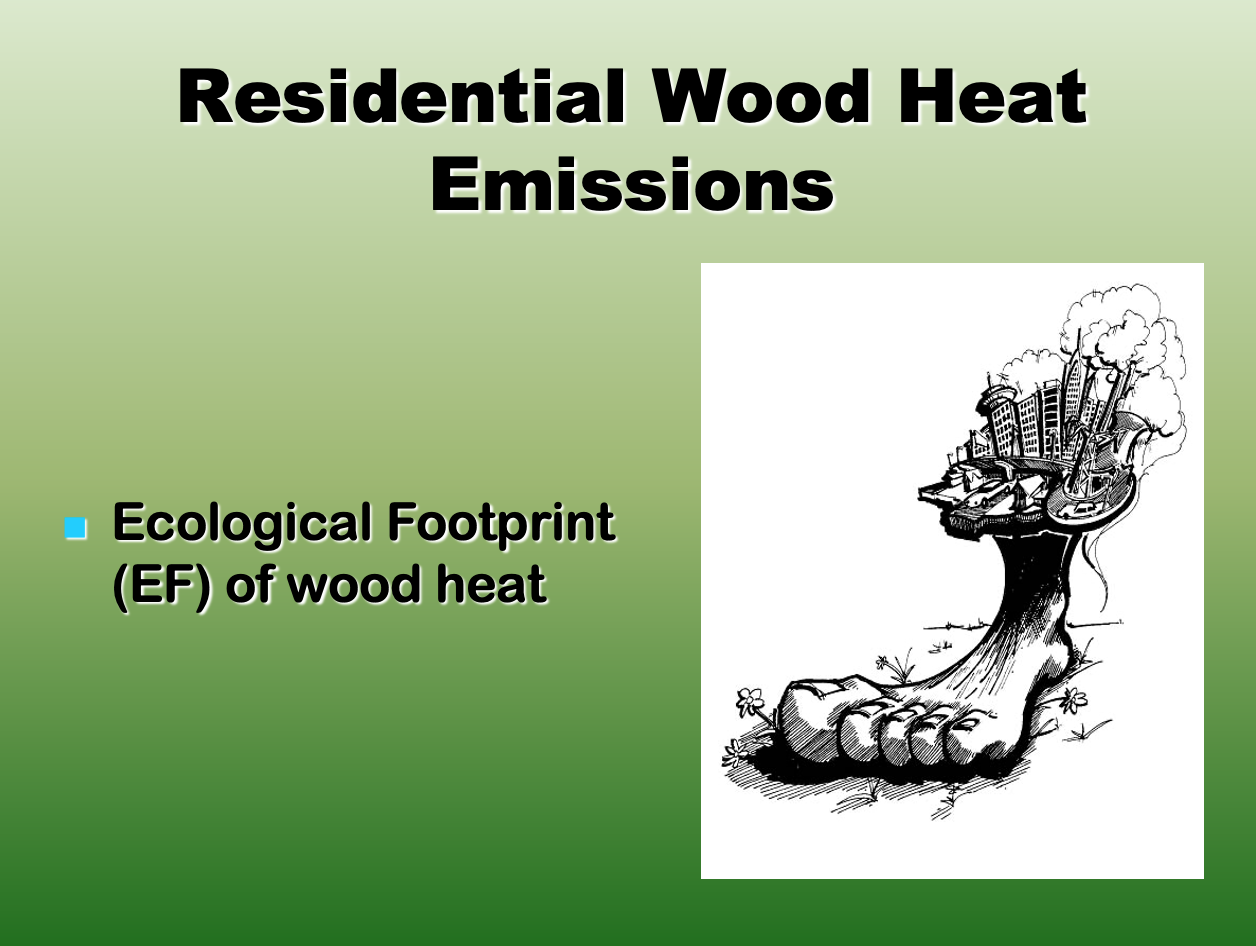Biogeochemistry and Global Change: Material from 2008
Welcome to the Biol 510 webpage for Winter 2008
This ecology course will examine a range of different global change issues including land-use change, climate change, atmospheric nitrogen deposition and environmental pollution. The aim of the course is to develop students’ understanding of the biogeochemical aspects of global change issues. Introductory lectures will provide an overview of this rapidly developing science, and will highlight the controls and interactions between the biogeochemical cycles of carbon and major nutrients in terrestrial and aquatic ecosystems. Subsequently, students will lead informal discussions on a global change issue of particular interest to them. This course is mainly for final year undergraduates and is specifically aimed at enhancing their capacities for critical thinking, group discussion, and independent learning. By the end of the course, students should be able to apply fundamental biogeochemical perspectives toward understanding the Earth’s ecosystems and how they are being affected by human activities.
Professor: Paul Grogan
This course is scheduled to run again in winter 2011. The text below refers to the winter 2008 course and is maintained here to inform prospective students of the basic content and organisation of the course.
Seminar times: Wednesdays 10.00; Fridays 08.30
Location: Room 3110, Biosciences building
Calendar: Sessions are 1.5 hours
Assessment:
35% Group project participation
35% Quality of seminar presentation and leadership in the discussion
15% Participation in discussion
15% Prepared seminar questions
| Week beginning | Day and time | Convenor | Topic | Reading |
|---|---|---|---|---|
| 7th January | Friday 08.30 |
Paul
|
Introduction | |
| 14th Jan. | Wednesday 10.00 |
Paul
|
Field trip | |
| Friday 08.30 |
Paul
|
Group project: What are the Economic, Environmental and Social Advantages and Disadvantages of Incorporating a Wood Fuel Heating to Supplement a Fossil-Fuel Based Domestic Heating System? | ||
| 21st Jan. | Wednesday 10.00 |
Everyone
|
Group project continued | |
| Friday 08.30 |
Everyone
|
Group project continued | ||
| 28th Jan. | Wednesday 10.00 |
Everyone
|
Group project continued | |
| Friday 08.30 |
Everyone
|
Group project continued | ||
| 4th Feb. | Wednesday 10.00 |
Everyone
|
Group project continued | |
| Friday 08.30 |
Shauna Geerts, Julia Cziraky and Sarah Langford |
Economics group seminar | ||
| 11th Feb. | Wednesday 10.00 | Dave Barto, Justin Hack, Richard Nesbitt | Environment group seminar | |
| Friday 08.30 | Sarah Park, Nicole Willie, and John Xu | Social group seminar | ||
| 18th Feb. | Wednesday 10.00 |
|
Reading week | |
| Friday 08.30 | Reading week | |||
| 25th Feb. | Wednesday 10.00 | No class | ||
| Friday 08.30 | Dave Barto | Global change effects on the Boreal Forest | Jones et al, 2005. See WebCT | |
| 3rd March | Wednesday 10.00 | Sarah Park | Effects of climate change on water quality in temperate lakes | Komatsu et al, 2007. See WebCT |
| Friday 08.30 | Julia Cziraky | Effects of increasing atmospheric CO2 on C3 and C4 crop plants | Zhu et al, 2008. See WebCT | |
| 10th March | Wednesday 10.00 | Justin Hack | Cllimate change effects on tundra | Mack et al, 2004. See WebCT |
| Friday 08.30 | Richard Nesbitt | Heavy metal contamination in the Arctic: Dispersal and Implications | Lindeberg et al, 2007. See WebCT | |
| 17th March | Wednesday 10.00 | John Xu | Relationships between the water cycle and human activites | Vorosmarty et al, 2000. See WebCT |
| Friday 08.30 | Holiday - Good Friday | |||
| 24th March | Wednesday 10.00 | Niki Willie | Agricultural nitrogen run-off: The issue and potential solutions | Poe et al, 2003. See WebCT |
| Friday 08.30 | Sarah Langford | Ocean acidification: Impacts on marine biodiversity | Mayor et al, 2007. See WebCT | |
| 31st March | Wednesday 10.00 | Shauna Geerts | Drivers of Extinction: Past and Present | Sala et al, 2000. See WebCT |
| Friday 08.30 |
Paul
|
Summary discussion | A Short History of Progress, Wright R. 2004. See notes on weblink above | |

Created 20 August 2003 by P. Grogan
Last Updated: 31 March 2008